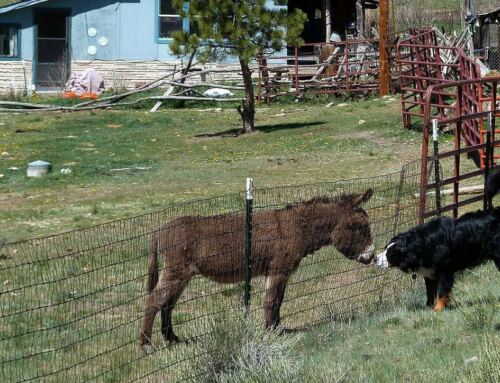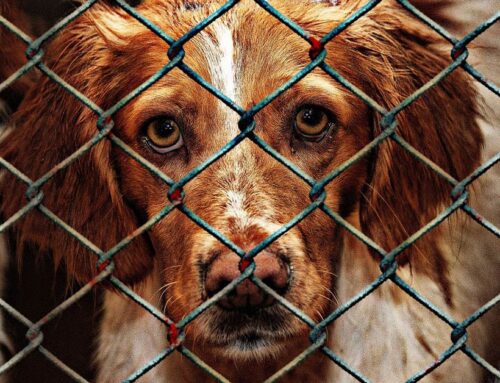I have been involved in ‘rescuing’ and finding home for dogs. I have worked with shelters and on my own. I have been negligent in performing the things I am going to address in this blog post so my high horse is not quite as tall as it sounds. I acknowledge the good intentions, hard work and struggles that most people involved in animal rescue experience. I am aware of the argument that it’s better to save some, even if others suffer. I happen not to accept that this is as good as it can get. There are plenty of reasons and excuses for turning a blind eye toward the practices and outcomes of rescue operations. We can do better and making excuses isn’t the way to get there. It won’t happen overnight but we need to start kicking the bar up a notch when it comes to what we call ‘rescue’.
When I buy a car one of the criteria I have for choosing the make and model is how long I can expect it to last and its resale value. A good car will be a good car longer and the company that makes it gets my business. I am not likely to buy a car from a company which cannot demonstrate that their vehicles are still road worthy 5 years down the line, or from a company which sells cars with brakes that routinely fail. If I am buying a car from an individual I take it to my mechanic to check it out before I make the decision to buy it. No one is likely to tell me I am expecting too much from car manufacturers or dealers.
When a rescue group waves the banner and is cheered for the number of pets they have found homes for I wonder why they are not also sharing information on how many of those pets are still happily living in the original homes they were placed in. Or how many did not survive the ‘rescue’ process. I know the reasons they could give for not doing this, but I am going to suggest that the main reason the data isn’t shared is because no one is doing it routinely, and that we need to expect it.
If we are serious about our love for animals and respect them for their unique abilities and personalities we should be serious about adding accountability to the ‘rescue’ process. We need to put as much effort into finding out how well someone is doing their ‘job’, unpaid or otherwise, when it comes to finding homes for animals as we do when buying a car. How can we know how well our protocols are working unless we follow up and track results? Not only will we gain insight and knowledge but we’ll improve the service we are providing both the animals and the people taking them home. As trendy and politically correct ‘rescuing’ a shelter dog is there are still people who because of a bad experience with a dog, will head to the pet shop or mill breeder in the belief that they are more likely to get a ‘better’ pet out of the deal.
When we buy an unsafe car we might be killed, when an animal is rehomed inappropriately they’re the who is less likely to survive the experience.





